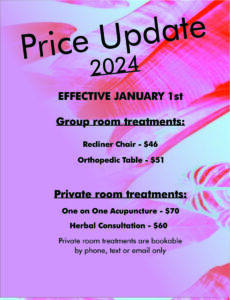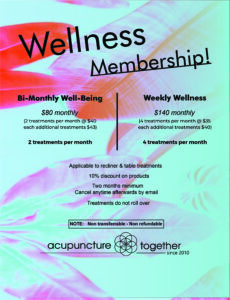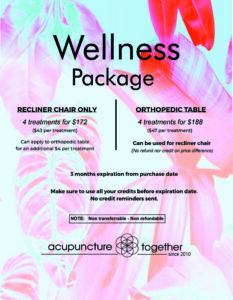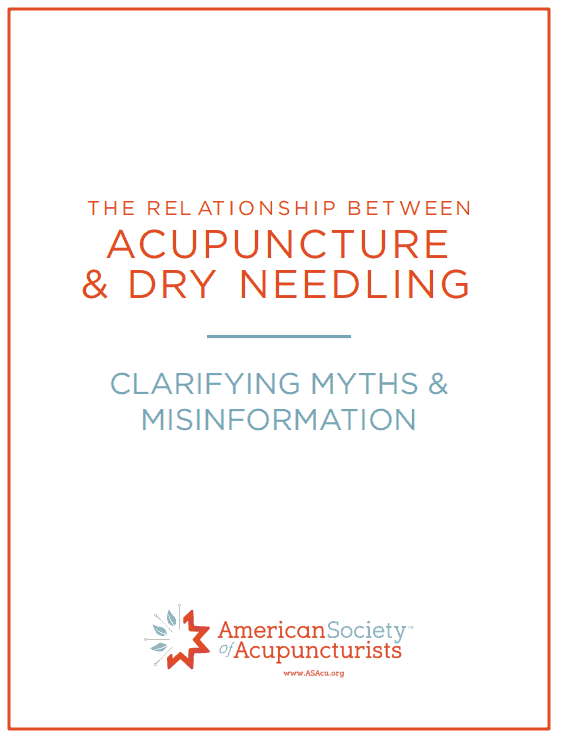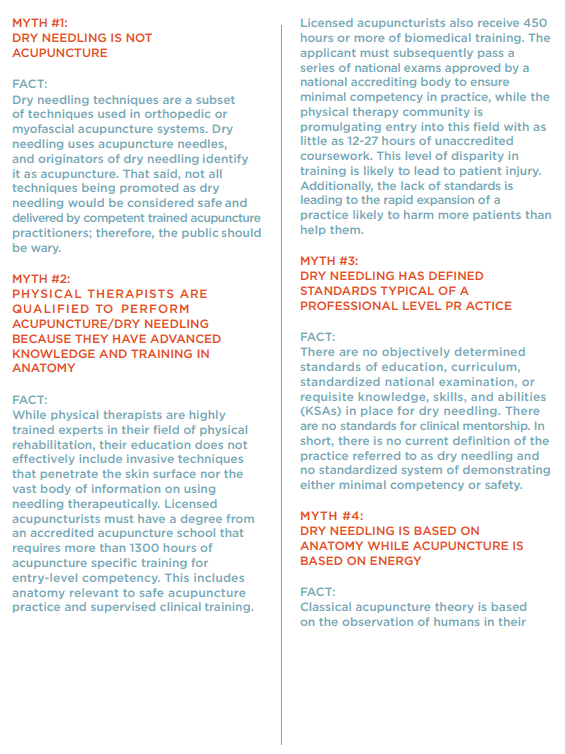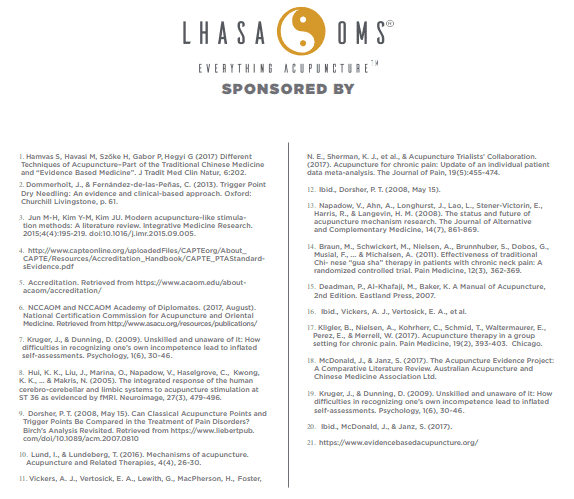Dear Patient,
At Acupuncture Together, we are committed to providing the highest-quality acupuncture services at accessible rates. Despite the return to normalcy, the lingering impacts of COVID in Austin and Asia, and the Austin real estate pick that we have experienced since 2010 continues to affect our company and our patients. We are pleased to announce that our clinic office lease originally dated from 2010 was renewed on December 1st. With this renewal comes a dramatic increase of 30% in our rent from 2023 to 2024, which will increase to reach 42% over 5 years. Additionally, we are subject to needle and herbal supply inventory shortages and other price fluctuations that are beyond our control. Due to these factors, we must make minimal increase to our pricing structure to operate sustainably.
To help you plan ahead, below are the updated treatment prices starting on January 1, 2024. Last day to purchase packages and stand-alone treatments at the current rate is Friday Dec 29th 2023.
Thank you for your continued support and loyalty.
In health,
Dr. Guillaume Vincent and the Acupuncture Together team
CLICK ON LINKS FOR FULL SIZE VIEW:
